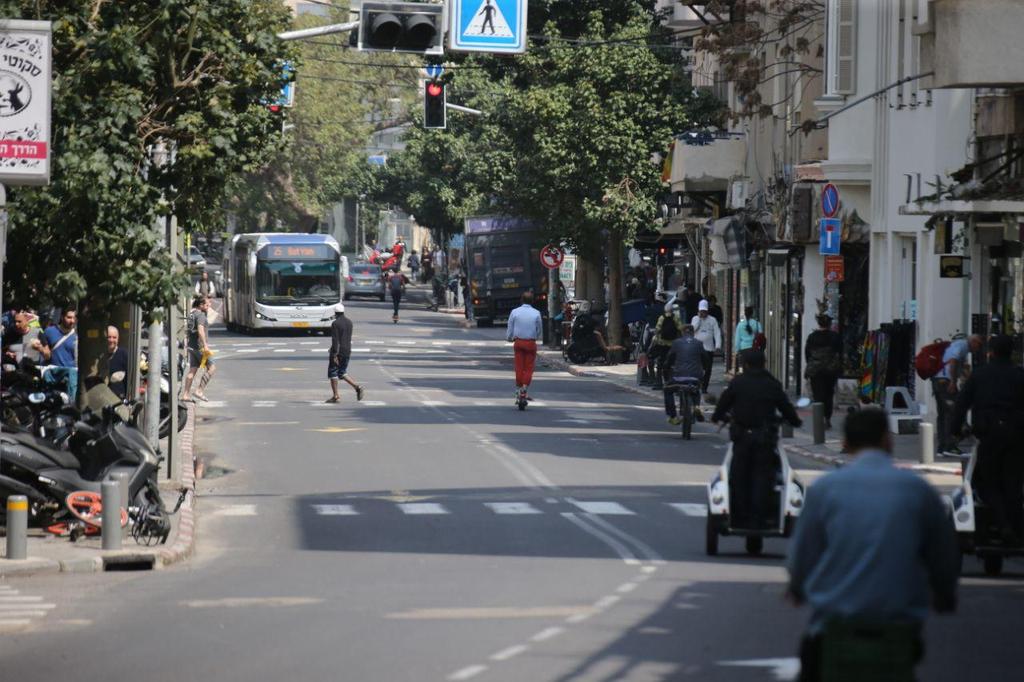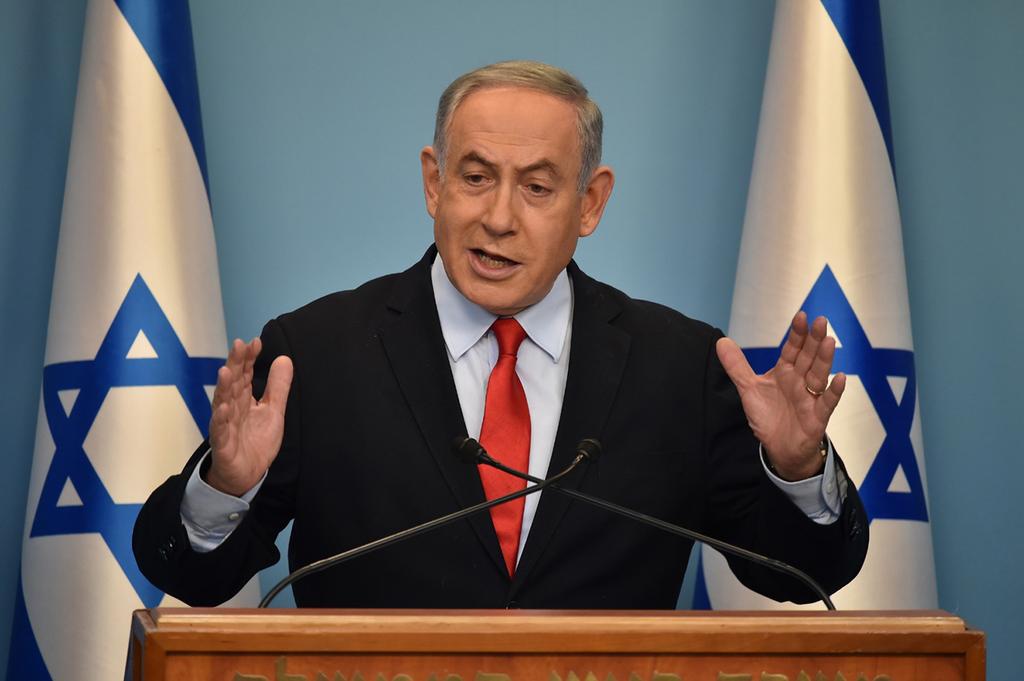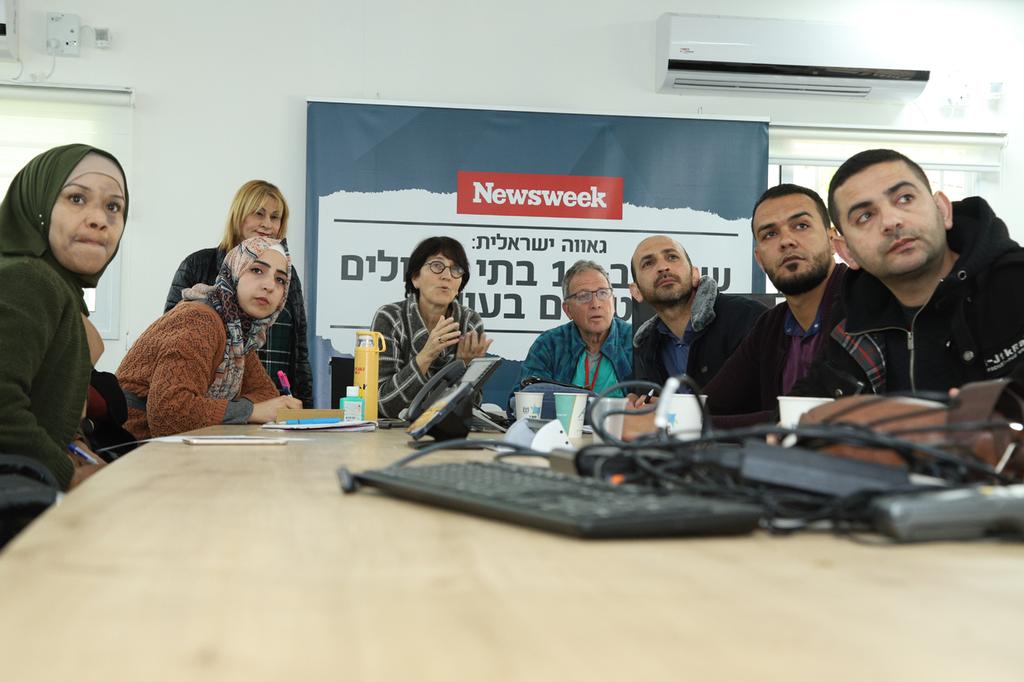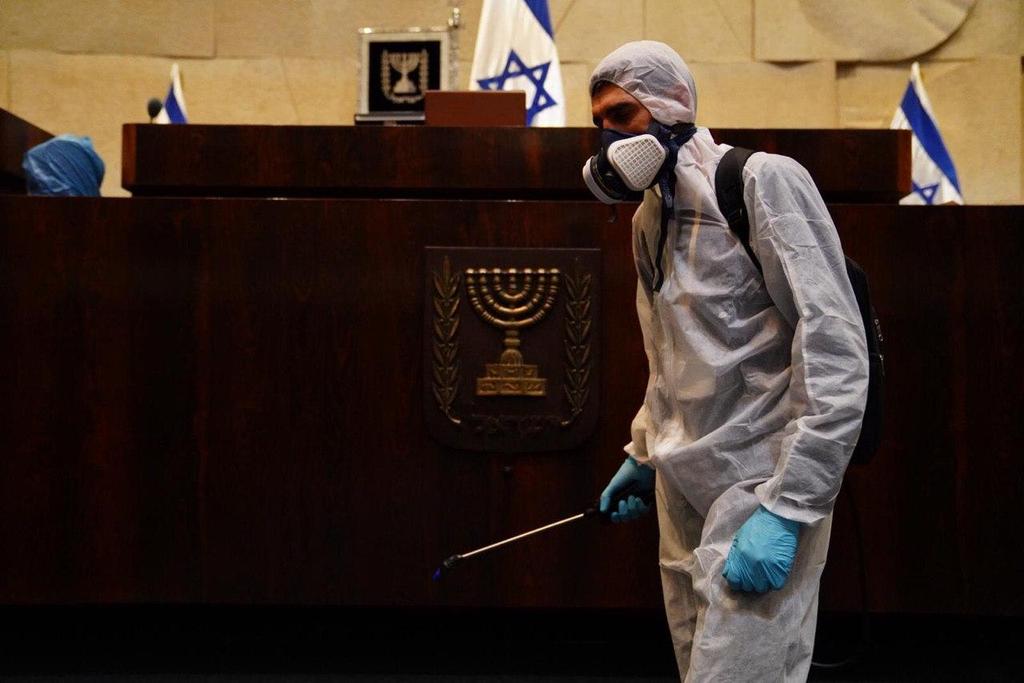Getting your Trinity Audio player ready...
Early Saturday evening, I walked by Israel’s national theater Habima in central Tel Aviv.
While the lights in the theater were on, the place itself and the adjacent square were devoid of people.
5 View gallery


A street in a Tel Aviv shopping area is almost empty as shops and businesses are closed
(Photo: Moti Kimchi)
Meanwhile, dozens of young people sat in close proximity to one another in the two coffee houses in front of the theater, and it made me think of the situation in Italy.
Here was complete disregard on the part of both the coffee house patrons and owners to the harsh lessons of the Italians, who continued their everyday routines with nary a worry, despite the spread of the coronavirus throughout the world and their own prime minister’s warnings about large gatherings.
This is why the precautions announced by Prime Minister Benjamin Netanyahu to halt the spread of the virus should be taken seriously and enforced.
5 View gallery


Benjamin Netanyahu addresses the nation on the coronavirus outbreak
(Photo: Yoav Dudkevitch)
Still, one could argue that the coronavirus crisis in Israel is being handled well, with an inter-ministerial forum run by Netanyahu doing the same.
Netanyahu’s communication with the public is a good way to handle the virus’ spread.
It lifts the obscurity shrouding the entire situation, serves as an informative way for people to adopt a pattern of behavior that will protect themselves and their family, and lets them prepare for any unforeseen developments.
The other, almost inevitable result of Netanyahu’s speeches, is the panicky shopping sprees that happen every time people finds themselves in a previously unknown situation.
Hoarding food, clean water and even toilet paper is a kind of genetic PTSD humans inherited from those who were alive during World Wars I and II, and Spanish Flu of 1918.
The ministers of Economy and Finance (Eli Cohen and Moshe Kahlon respectively) promise us there is enough food and medicine and that the market is ready to deal with a state of emergency.
This is of no comfort to those who experienced the government’s underwhelming treatment of the population during the Second Lebanon War in 2006, during which businessmen from the private sector such as oligarch Arcadi Gaydamak took it upon themselves to provide assistance and care for the public that should have been the job of the government.
And while the public has decided to show its mistrust by flocking to the supermarkets to stock up on the essentials, the panic is sure to subside once markets and pharmacies prove that the essential are being restocked and electricity and water services continue undisturbed.
Still, Israel is ill-prepared for the crisis in which we find ourselves.
A forum comprised of the different ministries is hardly enough to adequately run a country in such a time of uncertainty.
During wartime, the Security Cabinet helps the prime minster to run the country, and the same should be done now during the coronavirus crisis.
Even though Netanyahu is a superhero of televised communications skills, his tendency to mix politics and narcissistic messages ultimately undermines his efforts by causing the public to mistrust him.
A budget is also needed to properly manage the economy, security and the IDF, all of which suffer form the current situation.
This fact, coupled with the public’s belief that Netanyahu is abusing the panic for his own personal and political gain, is why we need a national emergency government.
There are a few failures that can be easily and immediately remedied without much effort. Firstly, the digital tracking of potential coronavirus carriers through social media must be canceled - such an endeavor is not only wildly intrusive, it is also wasteful.
Another problem that needs to be addressed urgently is the government’s disregard for the Arab sector.
Netanyahu’s daily speeches are all in Hebrew, and there is no one empowered to provide the same service for the Arab population.
One fifth of the population needs to receive the relevant information from local radio and television newscasts, unlike the rest of the Hebrew-speaking population, which has that information easily accessible to them in their native tongue.
Incidentally, 13% of the doctors and medical staff dealing the coronavirus are Arabic speakers, which is more than enough reason to make all the information available in Arabic.
5 View gallery


Sheba Medical Center in Tel Hashomer provides remote training for Palestinian doctors in fighting coronavirus
(Photo: Sheba Medical Center)
The virus’ outbreak among Palestinians living in Gaza and the West Bank could very well decimate all our efforts to fight it, and of course no one should be ashamed to say there are humanitarian reasons for lending a hand to our neighbors.
It is fair to say the Israel’s response to the virus is - as Defense Minister Naftali Bennett wrote on Facebook - flexible, proportionate and adaptive. For no one can tell what tomorrow will bring, and whether or not we will see an explosion of the outbreak.
Ultimately, no one can tell us where we are going. We must do what we can with the information in hand to minimize the economical and medical damage whose scale we cannot predict.



